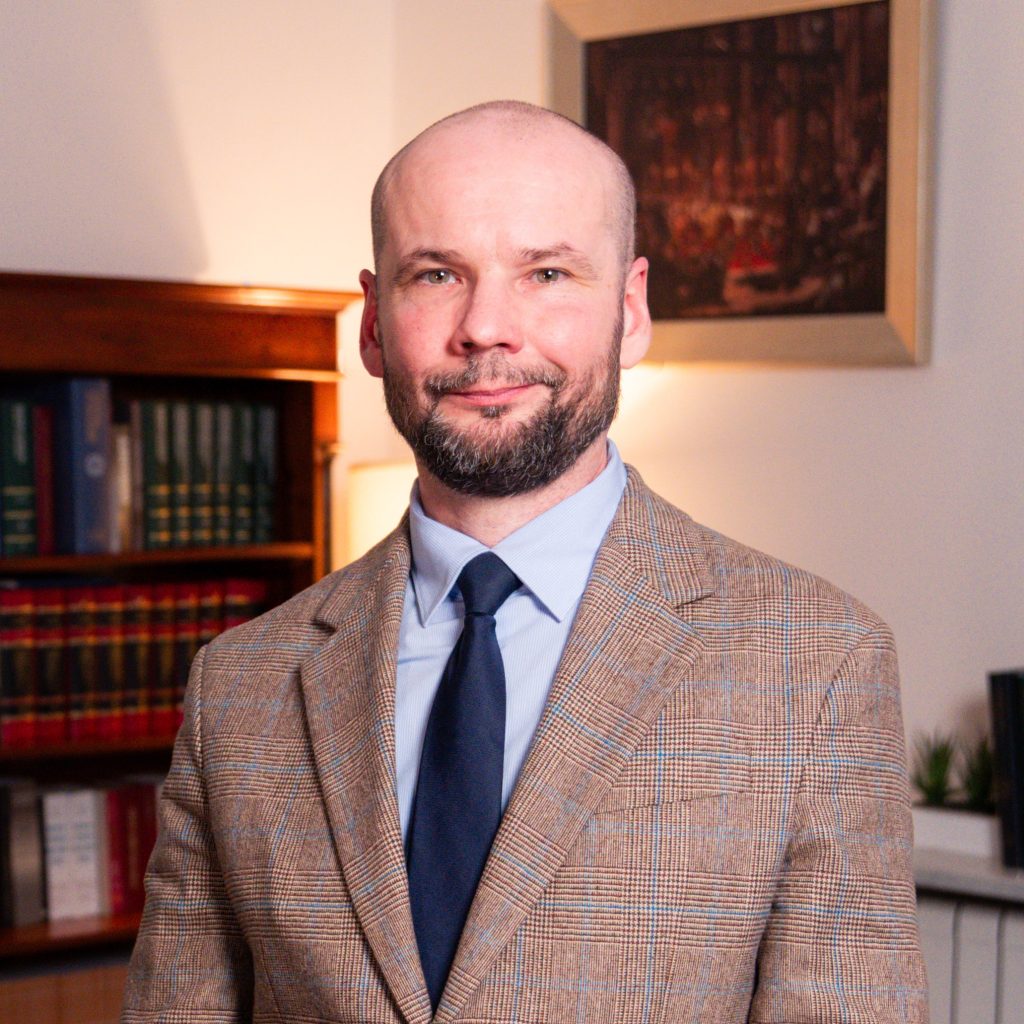
Rector
Doctor of humanities in history (UW), also philosophical and theological studies (PWTW) and education management; Teacher and long-time executive director at various levels; university lecturer; in the years 2020–2023, Plenipotentiary of the Minister of Education and Science for basic curricula and textbooks, director of the Department of General Education and Basic Curriculum at the Ministry of Education and Science; Member of the Council for the National Library Resources at the Ministry of Culture and National Heritage (from 2021–2024); Member of the National Committee for the Development of the Social Economy, 4th session for 2023–2026 at the Minister of Family and Social Policy; promoter of classical education. Author of historical books and religious life in the 19th and early next centuries: “Attempts to renew religious life in the Kingdom of Poland after the January Uprising”, Toruń 2010, “Mariavites and Mariavitism. Genesis and the first years of existence”, Warsaw 2011, scientific and popular science articles, contributors and experts, including: in: the quarterly “Christianitas” (permanent collaborator), “Przegląd Powszechny”, “Dyrektorem Szkoła”, “WychowujMy” (co-founder and editor), “Moje Rodzina”, “Nasza Przeszłości”, “W Sieci Historii”, “Contemporary problems of upbringing” ” (IBE publishing series), Internet portals (e.g. christianitas.org, myslkonserwatatywna.pl).
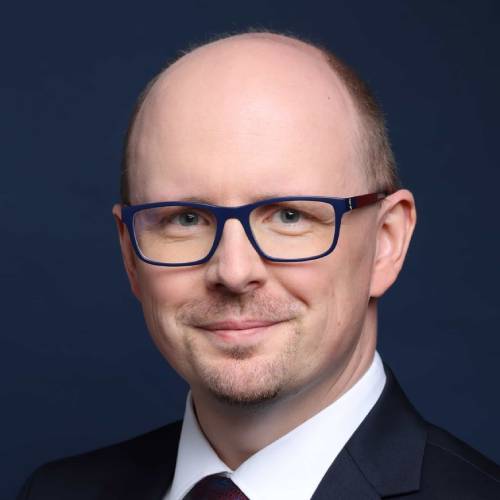
President of the Management Board and co-founder of the Ordo Iuris Institute, Chairman of the Foundation Council. Attorney and managing partner at Parchimowicz & Kwaśniewski Law Firm (est. 2008). Graduate of the Faculty of Law and Administration at the University of Warsaw, scholarship holder at the University of Copenhagen, completed courses organized by the Center for Ethics and Culture of the University of Notre Dame, Catholic University of Leuven. He has many years of experience in civil and criminal proceedings in the field of protection of civil rights and freedoms, family rights and children’s rights. In her legal practice, she advises national and international associations, foundations, cooperatives and member organizations. Until 2017, he was the president of the Polish Wine Council. He represents citizens and civil society organizations in many unprecedented cases before national and international courts and tribunals, participates in consultations at the invitation of international bodies, such as the Venice Commission or the OSCE Office for Democratic Institutions and Human Rights. Jerzy Kwaśniewski was appointed to the advisory councils of four ministers of justice. Member and secretary of the governmental Monitoring Team for Counteracting Domestic Violence of the 3rd and 4th terms of office since 2017. In March 2019, he was appointed by the Polish Bishops’ Conference to the Bona Fama Foundation Council. Member of the International Association of Genocide Scholars (since 2017), the International Bar Association (including the Litigation Committee, the Arbitration Committee, the War Crimes Committee) and the IBA Human Rights Institute. Regularly mentioned as one of the most influential Polish lawyers. He was included by “Politico” among the “28 most powerful people in Europe in 2021”.
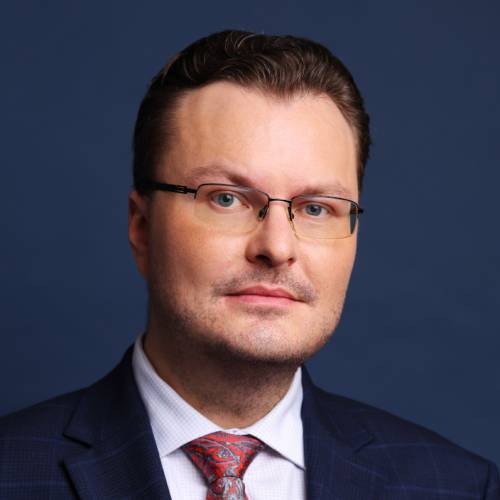
Vice-Rector for Education, Dean of the Faculty of Law
PhD in law, academic lecturer, author of scientific publications, editor-in-chief of the scientific journal “Kultura Prawna”, expert and analyst at the Confederation of Non-Governmental Initiatives of the Republic of Poland and at the Center for Legal, Economic and Social Analyses. Hipolit Cegielski. His scientific and professional interests mainly concern the history of political and legal thought, system theory, civil society, constitutional law, agricultural law, philosophy and logic. In his doctoral dissertation, he dealt with the issue of the impact of natural sciences, especially evolutionary biology, on contemporary political philosophy and the philosophy of law. In his research work, he also dealt with the principle of separation of powers, the issue of people’s sovereignty, the ideological foundations of European integration, the thought of Jan Jakub Rousseau, Nicolás Gómez Dávila, Hans Kelsen and Antoni Peretiatkowicz.
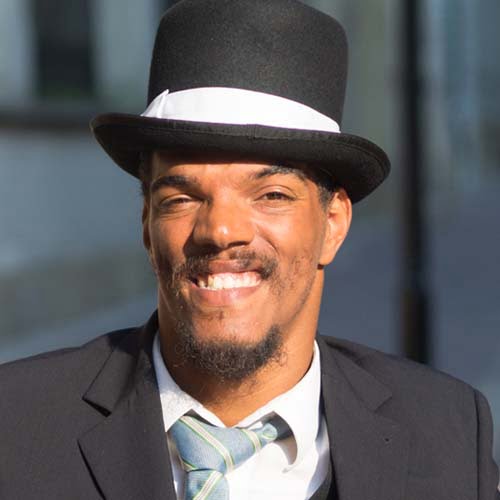
Plenipotentiary for equal treatment and non-discrimination
Doctor of humanities in the field of theology. In 2015, he defended his doctoral dissertation at the Pontifical University of John Paul II in Krakow entitled “Natural and supernatural mission of people with disabilities in society and in the Church”.
From 2016, Ambassador of the UN Convention on the Rights of Persons with Disabilities.
Member of the Organizing Committee of the National March for Life and the program board of the Christian Social Congress. Scientific and social interests focused around the Catholic Social Teaching, in particular the subject of the right of every human being to life.
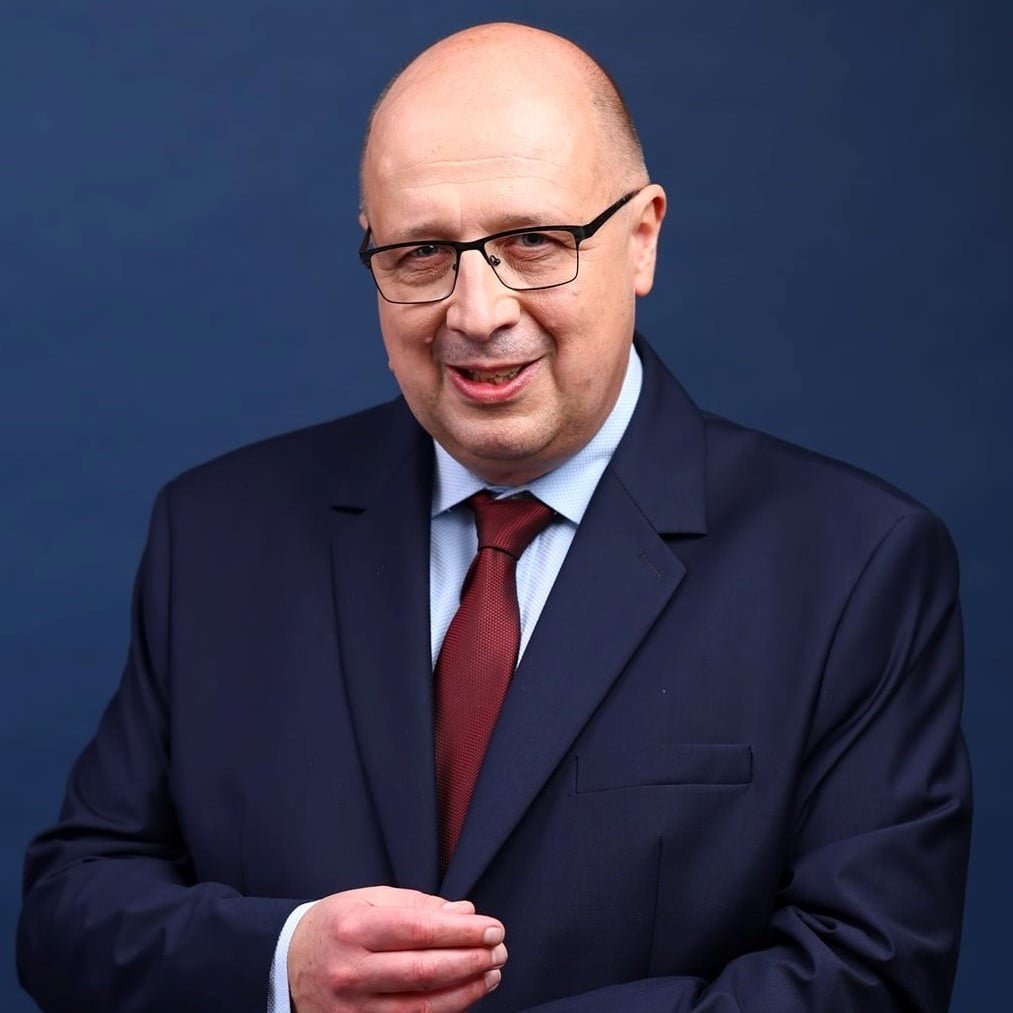
Rector’s Plenipotentiary for programs and science
Philosopher and publicist, academic lecturer. In the years 1995-2007, a research and teaching employee at the Catholic University of Lublin, at the Faculty of Philosophy, in the Department of Metaphysics and Anthropology. Founder and long-term director of the Institute of National Education. Founding member of the Polish Society of Thomas Aquinas. Author of educational programs in the field of ethics and philosophical anthropology, as well as numerous articles, encyclopaedic entries, including the Universal Encyclopaedia of Philosophy, in the field of ethics, pedagogy, philosophy of culture and others. Originator of a series of scientific and popularizing conferences, including, among others; “Permanent novelty of Christian culture” and a series of nationwide conferences for teachers. Author of two popularizing books in the field of aretology and philosophy of culture.